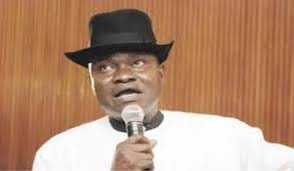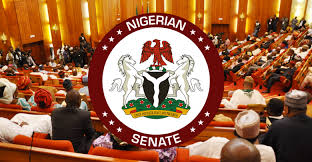**To borrow N8.80 trillion to finance the deficit
President Muhammadu Buhari on Friday laid N20.51 trillion 2023 budget before the National Assembly with deficit of N10.78tr
He indicated that the budget, which was raised from N19.76 trillion, is a reflection of the serious challenges currently facing Nigeria.

According to President Buhari, the budget comes with N10.78 trillion deficit, and the Nigerian government would need to borrow a total of.
The breakdown of the budget shows that new borrowings of N206.18 billion would come from Privatization Proceeds, while N1.77 trillion would be obtained from bilateral/multilateral creditors, which would be for specific development projects or programmes.
According to him the budget deficit of N10.78 trillion is 4.78 per cent of estimated gross domestic product (GDP). This is above the three per cent threshold set by the Fiscal Responsibility Act 2007.
What to expect next year with Nigeria’s 2023 budget?
Speculation by analysts indicated total expenditure for the Federal Government would gulp a whopping sum of N20.51 trillion in 2023. Buhari disclosed that the expenditure includes N2.42 trillion spending by Government-Owned Enterprises.
The significant expenditure surpasses the N16.87 trillion revenue he projected for 2023.
Other breakdown of the budget shows that the oil price benchmark should be at least $70 per barrel in 2023, even though the oil price is currently $89.31.
Buhari intimsted the lawmakers that Nigeria will produce daily oil production estimate of 1.69 million barrels (inclusive of Condensates of 300,000 to 400,000 barrels per day).
This is below the 1.830 million barrels per day quota currently set for Nigeria by the Organisation of Petroleum Exporting Countries plus (OPEC).
According to Buhari, the foreign exchange rate between naira and the US dollar is expected to trade at a range of N435.57/$1. Prime Business Africa understands this means the naira will devalue next year.
Based on the current exchange rate as at Thursday, October 6, 2022, which is N437.5/$1, the naira will depreciate by -0.44 per cent in 2023, losing around N1.93 in value. ,
Buhari’s administration projected GDP growth rate of 3.75 per cent despite the economic challenges driven by the war between Russia and which has continued disrupting global economies,
He projected inflation to climb down from the current 20.52 per cent to 17.16 per cent inflation rate in 2023, when his administration will wind down, with a new government coming in.
Buhari ialso nducated that, “The expenditure policy of Government in 2023 is designed to achieve the strategic objectives of the National Development Plan 2021 to 2025, including macroeconomic stability.
According to him, it also included human development; food security; improved business environment; energy sufficiency; improving transport infrastructure; and promoting industrialization focusing on Small and Medium Scale Enterprises.
“Against the backdrop of the challenging global and domestic economic environment, it is imperative that we strengthen our macroeconomic environment and address subsisting challenges as a country. The 2023 Appropriation therefore is a Budget of Fiscal Sustainability and Transition. Our principal objective in 2023 is to maintain fiscal viability and ensure smooth transition to the incoming Administration.”




